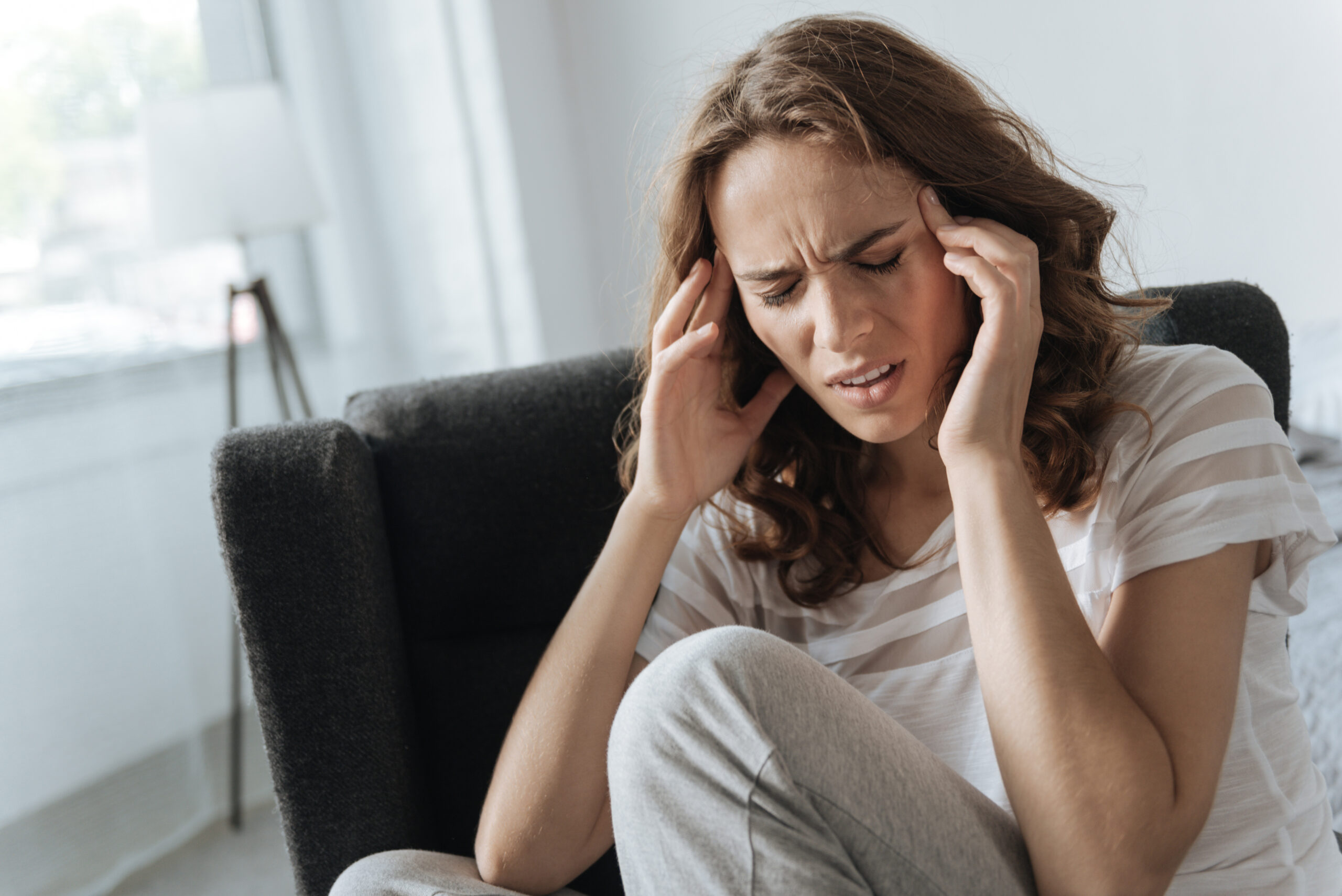4 Tips for Migraine Relief!
Updated on: April 20, 2025
Find relief from your migraines – explore our effective solutions:

Pain relievers
Over-the-counter pain relievers such as aspirin, ibuprofen, and acetaminophen can be effective in reducing the pain and discomfort of migraines. Prescription-strength pain relievers, such as triptans and ergotamines, can also be effective in treating migraines.
Anti-nausea medications
Migraines can cause severe nausea and vomiting, which can further exacerbate the symptoms. Anti-nausea medications, such as metoclopramide and prochlorperazine, can be used to alleviate these symptoms.
Triptans
Triptans are a class of medications specifically designed to treat migraines. They work by constricting the blood vessels in the brain and blocking pain signals. There are several types of triptans available, including sumatriptan, rizatriptan, and zolmitriptan.
Dihydroergotamine (DHE)
DHE is a medication that works by constricting the blood vessels in the brain, similar to triptans. It is often used in cases where triptans are ineffective or not well-tolerated.
Anti-depressants
Certain antidepressants, such as amitriptyline and venlafaxine, can be effective in preventing migraines from occurring. They work by regulating the levels of certain chemicals in the brain that can trigger migraines.
Anti-seizure medications
Some anti-seizure medications, such as valproic acid and topiramate, have been shown to be effective in preventing migraines. They work by reducing the excitability of the brain cells that can trigger migraines.
Botulinum toxin (Botox)
Botox injections have been approved by the FDA for the treatment of chronic migraines. They work by blocking the release of certain chemicals in the brain that can trigger migraines.
Acupuncture
Acupuncture is a traditional Chinese medicine technique that involves inserting thin needles into specific points on the body. It has been shown to be effective in reducing the frequency and severity of migraines.
Biofeedback
Biofeedback is a technique that involves monitoring and controlling bodily functions, such as heart rate and muscle tension, through the use of sensors. It can be effective in reducing the frequency and severity of migraines.
Lifestyle changes
Certain lifestyle changes can help reduce the frequency and severity of migraines. These include getting enough sleep, reducing stress, avoiding triggers such as certain foods and drinks, and exercising regularly.
Conclusion
In conclusion, migraines can be a debilitating condition that can significantly impact a person’s quality of life. While there is no known cure for migraines, several treatments are available to help manage and alleviate symptoms. If you suffer from migraines, it is important to work with your healthcare provider to determine the best treatment plan for you.

